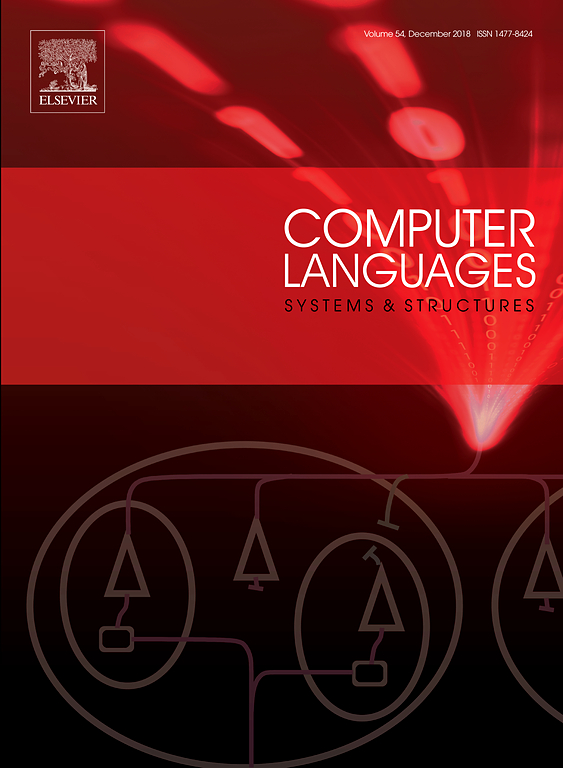“人类时间的颤抖”:胡安·卡德纳斯小说中的政治
Q1 Computer Science
引用次数: 0
摘要
关于非人类代理人与小说之间关系的问题当前关于文学及其和人类世的关系的争论(例如,戈什和尼克松)这篇文章认为,必须从根本上围绕时间性和规模的概念来思考这种关系,将其作为描述小说的关键工具,在紧张的情况下,小说打开了不可简化为人类规范的视角、行为和过程。哥伦比亚作家胡安·卡德纳斯的叙事为我们分析当代小说中与非人类的关系提供了正式的模式。他对自然提取过程的关注,以及对哥伦比亚和拉丁美洲文化沉默记忆的研究,使他能够探索在非人类自身的时间中庇护非人类的叙事形式。同时,调查为文学政治开辟了新的领域,为集体的新想象打开了大门。本文章由计算机程序翻译,如有差异,请以英文原文为准。
“Temblor del tiempo humano”: política de la novela en Juan Cárdenas
e question about the relationship between non-human agents and the novel as a genre denes current debates about literature and its relationship with the Anthropocene (Ghosh and Nixon, for example.) is article argues that this relationship must be thought fundamentally around the notions of temporality and scale as critical tools to describe the ways in which the novel, putting in tension its own generic matrices, opens up to perspectives, actants, and processes irreducible to the norm of the human. e narrative of Colombian writer Juan Cárdenas offers formal models that allow us to analyze the relationship with the non-human in the contemporary novel. His focus on processes of natural extraction, and his work on silenced memories of Colombian and Latin American culture, allow him to explore narrative forms that harbor the non-human in their own temporalities. is investigation, at the same time, illuminates new terrain for a politics of literature that opens it to new imaginaries of the collective.
求助全文
通过发布文献求助,成功后即可免费获取论文全文。
去求助
来源期刊

Computer Languages Systems & Structures
工程技术-计算机:软件工程
CiteScore
2.74
自引率
0.00%
发文量
0
审稿时长
>12 weeks
期刊介绍:
Following the merger of Computer Languages, Systems and Structures with the Journal of Visual Languages and Computing in 2018, we are excited to present the Journal of Computer Languages, a single publication which covers all areas of computer languages.
The Journal of Computer Languages (COLA) welcomes papers on all aspects of the design, implementation, and use of computer languages (specification, modelling, programming; textual or visual) and human-centric computing, from theory to practice. Most papers describe original technical research, but the journal also welcome empirical studies and survey articles.
Current research areas for the Journal of Computer Languages include:
-Block-based languages-
Cognitive, perceptive and motoric systems and models-
Compilers and interpreters-
Computational thinking-
Design and development of concurrent, distributed, parallel, quantum and sequential languages-
Domain-specific languages-
End-user development-
Generative approaches, meta-programming, meta-modelling-
Human aspects and psychology of designing languages-
Information visualization-
Interaction models and languages-
Location-based data and processes-
Language design and implementation-
Language-based security-
Language evolution, integration, composition, and coordination-
Language product lines-
Language workbenches, meta-languages and development frameworks-
Languages, models, and frameworks for visual analytics-
Languages for large-scale scientific computing-
Languages for software specification and verification-
Libraries, run-time environments and language ecosystems-
Modelling and programming languages-
Modularity and extensibility of language specifications and programming-
Parallel/distributed/neural computing and representations for visual information processing
[...]
 求助内容:
求助内容: 应助结果提醒方式:
应助结果提醒方式:


